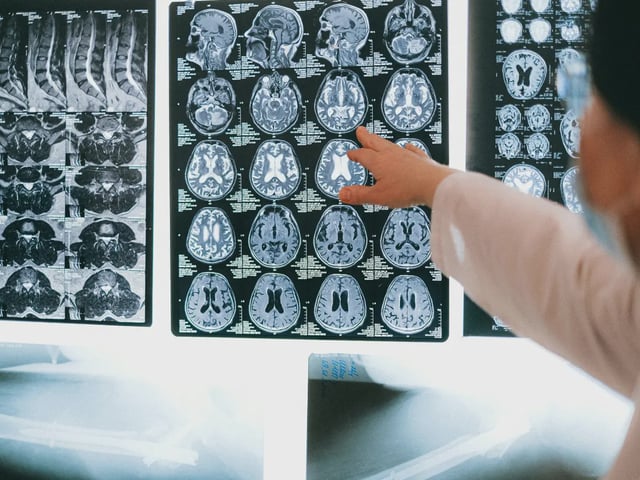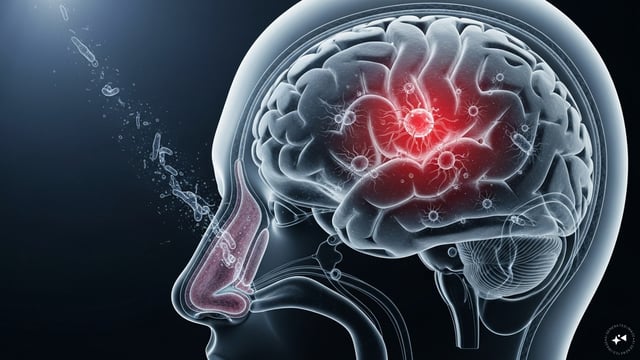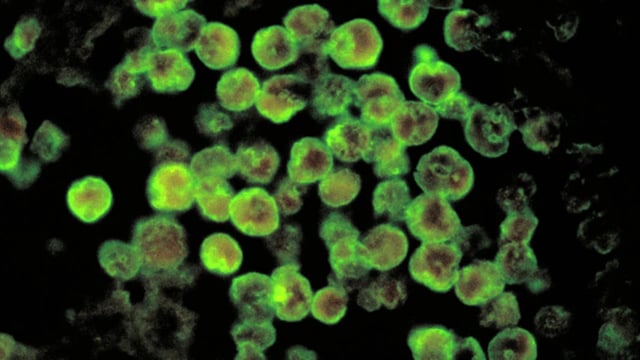Overview
- Three primary amoebic meningoencephalitis cases emerged in mid-August across different Kozhikode villages, with a nine-year-old girl dead and two other children—including a three-month-old infant—in critical condition.
- Molecular analysis identified both Naegleria fowleri, which infects via nasal exposure to warm freshwater, and Acanthamoeba, which can cause infection through other environmental routes.
- Kerala’s health department has issued an alert and launched on-site environmental investigations after finding no common water-body exposure among the patients.
- The state’s 2024 standard operating procedure for amoebic encephalitis and expanded acute encephalitis syndrome testing have boosted case detection and helped cut local mortality well below the global fatality rate.
- Clinical management relies on amphotericin B–centered drug combinations and public advisories urging avoidance of nasal contact with untreated freshwater and use of sterile water for nasal rinses.


